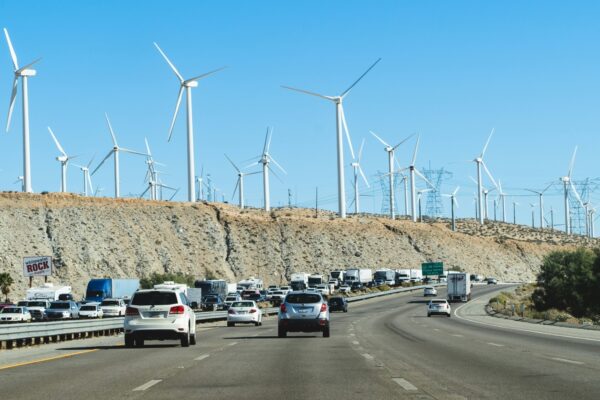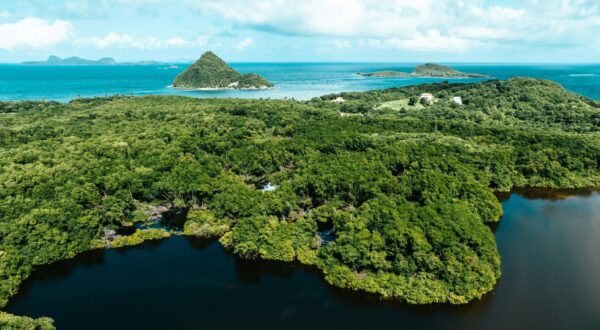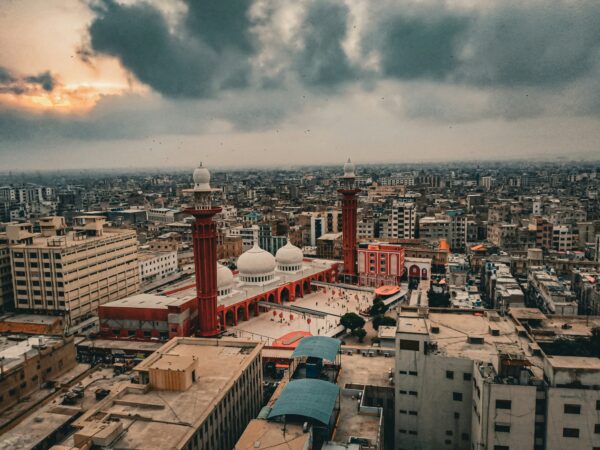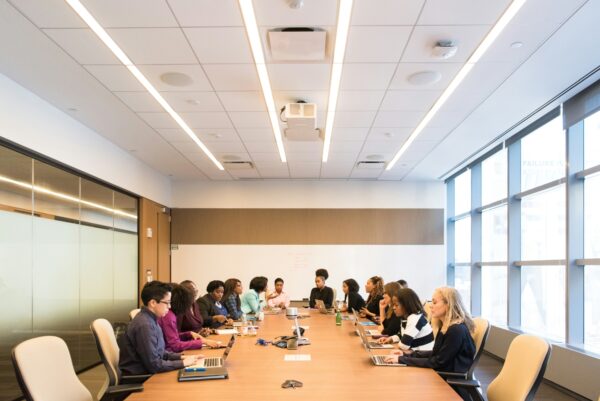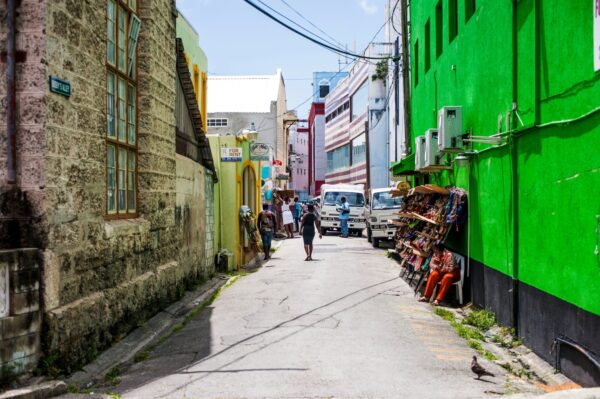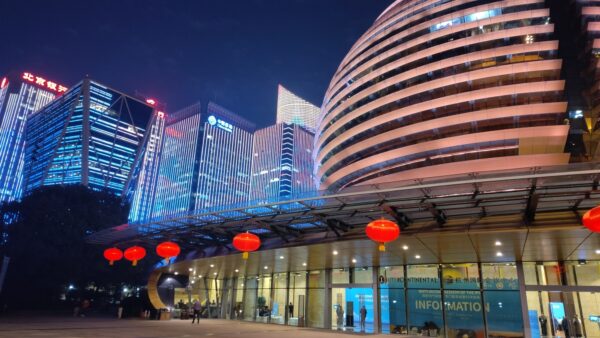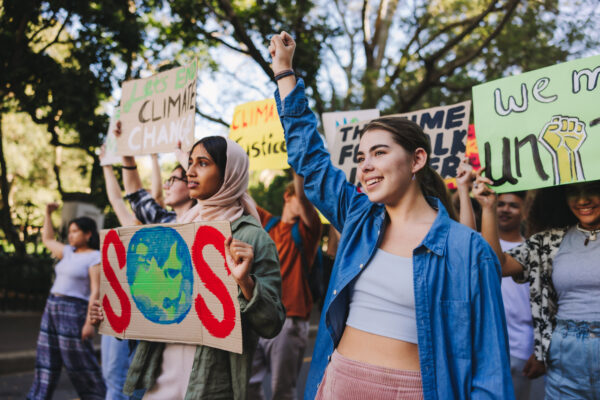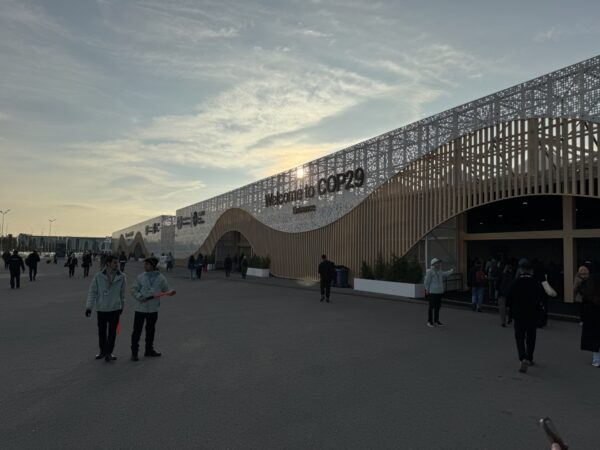Where action on climate change, sustainable development and oceans intersects - Belize's vision for AOSIS
Amanda Colombo, Rachel Pham
Share
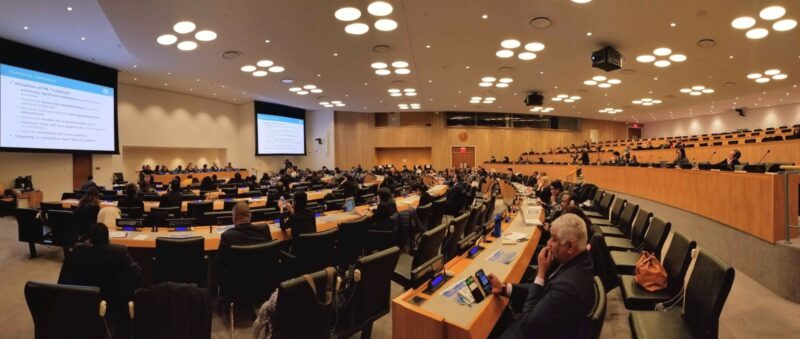
“If we stand still we are at risk of losing our coasts, our reefs, our land and our food. This is as much a reality for Small Island Developing States as it is for the world,” said Ambassador Lois M. Young, launching Belize’s two-year term leading the Alliance of Small Island States (AOSIS).
2019 is the crux for critical, transformative action under not only the UNFCCC/Paris Agreement, but also the S.A.M.O.A. Pathway, the 2030 Agenda for Sustainable Development and the agenda for the conservation and sustainable use of the Oceans. The SIDS Accelerated Modalities of Action (S.A.M.O.A) Pathway is an international framework that outlines SIDS priorities in the formulation of the 2030 Agenda.
AOSIS recognised synergies between the SIDS Agenda and these global agendas as an opportunity to combine efforts for critical action and invigorate commitments that will culminate in the S.A.M.O.A. Pathway Midterm Review itself. To this end, Belize will “convene a series of discussions to prepare the groundwork for those decisions [to be made in these high-level meetings] in September, which will chart the future global engagement with SIDS.” Two themes include engagement with youth as essential partners in sustainable development, and climate financing.
During its two-year term as AOSIS Chair, Belize will prioritise:
- exploration of additional opportunities to link climate finance and development finance to improve accessibility for SIDS to financial, capacity-building and technological resources to meet sustainable development goals;
- continuation of a coordinated push with fellow developing countries for loss and damage to be addressed in global response to climate change, including permanent loss; and sustainable management of marine resources to boost economic growth, employment and food security, while prioritising stewardship of Oceans and their health. This includes advancing the implementation of SDG 14 “Conserve and sustainably use the oceans, seas and marine resources for sustainable development”and eradicating plastic pollution.
Belize launched its chairmanship and presented these priorities for 2019-2020 at a recent event at the UN Headquarters in New York, which focused on the first priority area: climate change. The commencement of the new chairmanship comes shortly after the publication of the IPCC Special Report on 1.5°C, a document of crucial importance to AOSIS. Due to their high vulnerability to increased climate impacts, Small Island Developing States for at least a decade have been calling for setting 1.5°C as the upper limit for global average temperature increase. This latest report provides the scientific assessment that supports this push, and hones in on the risks that threaten these small island nations. It also concludes that current levels of emission reductions are highly inadequate and spells out the rate at which carbon emissions need to fall in order to limit warming.
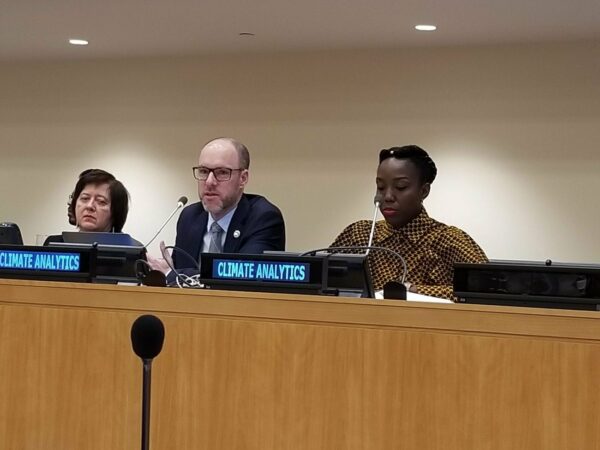
Ambassador Young said that in the wake of climate change, for SIDS “to have a fighting chance of survival, global emissions must be cut dramatically, and loss and damage must finally be fully integrated into the global response to climate change.”
The event included an analysis of the outcomes of the COP24 Climate Change Conference in Katowice, Poland, presented by Climate Analytics’ experts, and a panel discussion with high-level UN officials.
In the presentation on Unpacking the Katowice Climate Change Conference (COP24) Outcomes, Climate Analytics’ experts Damon Jones and Rueanna Haynes unequivocally stressed the detriment of locking in current insufficient levels of climate action, contained in the current set of climate pledges (Nationally Determined Contributions, or NDCs), into 2030, and the shortcomings of COP24 to secure the necessary carbon emission cuts, as set out in the IPCC report, to retain a reasonable chance of limiting warming to 1.5°C.
Despite this, they underscored the technical and political significance of the adoption of the Paris Agreement Rulebook as a critical milestone for multilateralism, with binding obligations that apply to all parties, and identified opportunities for countries to upgrade their climate pledges.
Our experts stressed the critical importance of ensuring that new and updated NDCs, and long-term low greenhouse gas development strategies to be submitted by 2020 are in alignment with 1.5 degree pathways. Means of Implementation – the interdependent mix of financial resources, technology development and transfer, capacity-building – remain a key enabler for climate action in all developing countries and especially SIDS and Least Developed Countries (LDCs). The Financing for Development process and the discussion of climate finance under UNFCCC should be mutually reinforcing and less divisive.
Highlighting the urgent need for increased global climate ambition, Ambassador Young assured that “AOSIS will employ its advocacy through the climate change process, the PGA’s High-level Event on Climate and Development, and the [UN Secretary General’s] Climate Summit.” She emphatically made clear that “if we stand still we are at risk of losing our coasts, our reefs, our land and our food. This is as much a reality for SIDS as it is for the world.”
The high-level panel discussion revolved around increasing climate ambition through NDCs, long-term emissions reduction strategies, and climate financing and the transfer of resources to developing nations. There was strong interest in ensuring that there is transparency and reporting on the use of the $100 billion USD in climate finance, and in understanding how climate finance and Financing for Development (FfD) can intersect and be optimised to achieve common goals.
The discussion was opened with special remarks from Ms. Fekitamoeloa Katoa ‘Utoikamanu, Under-Secretary-General and High Representative, UN-OHRLLS and the panelistswere: Mrs. Maria Fernanda Espinosa Garcés, President of the 73rd session of the UN General Assembly (PGA),H.E. Ambassador Luis Alfonso de Alba, the UNSG’s Special Envoy to the 2019 Climate Summit; H.E. Ms. Joanna Wronecka, Permanent Representative of the Republic of Poland to the UN; and Climate Analytics experts Damon Jones and Rueanna Haynes.
The Under-Secretary-General and High Representative, UN-OHRLLS, Ms. Fekitamoeloa Katoa ‘Utoikamanu, reiterated that, “We have no time to lose and we must ensure that the global community has the tools, the vision, and most critically the political will to increase ambition and to strengthen climate action for the benefit of all peoples.”



